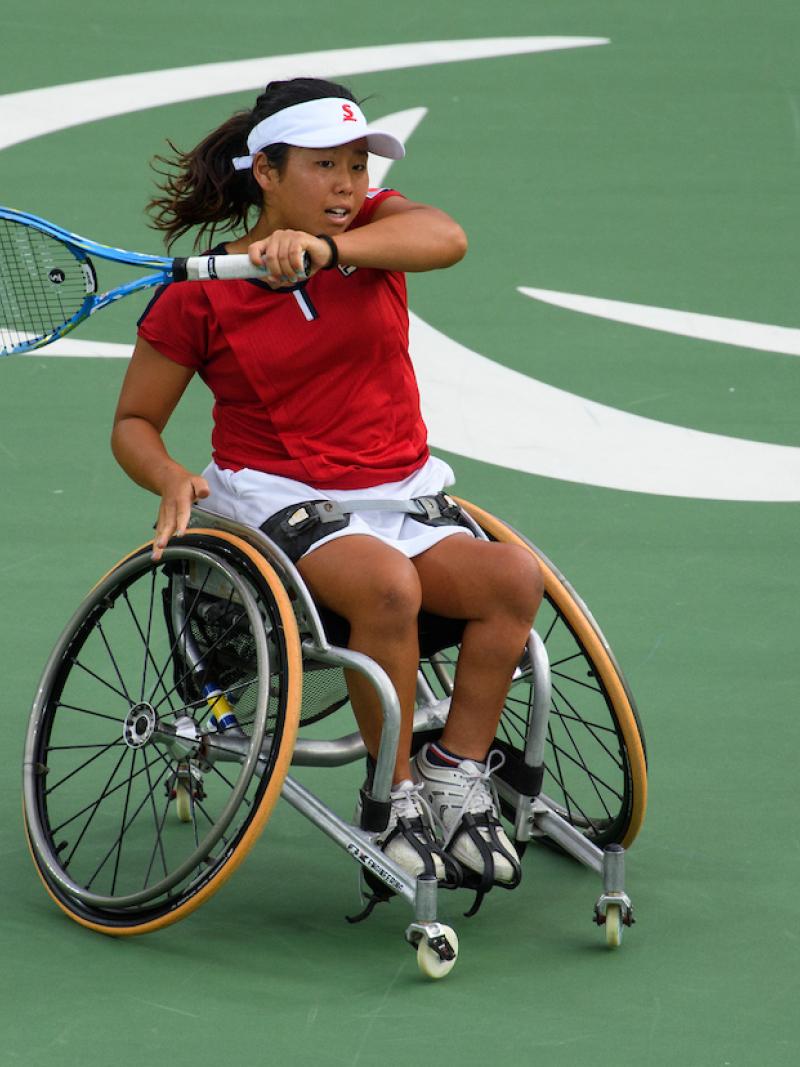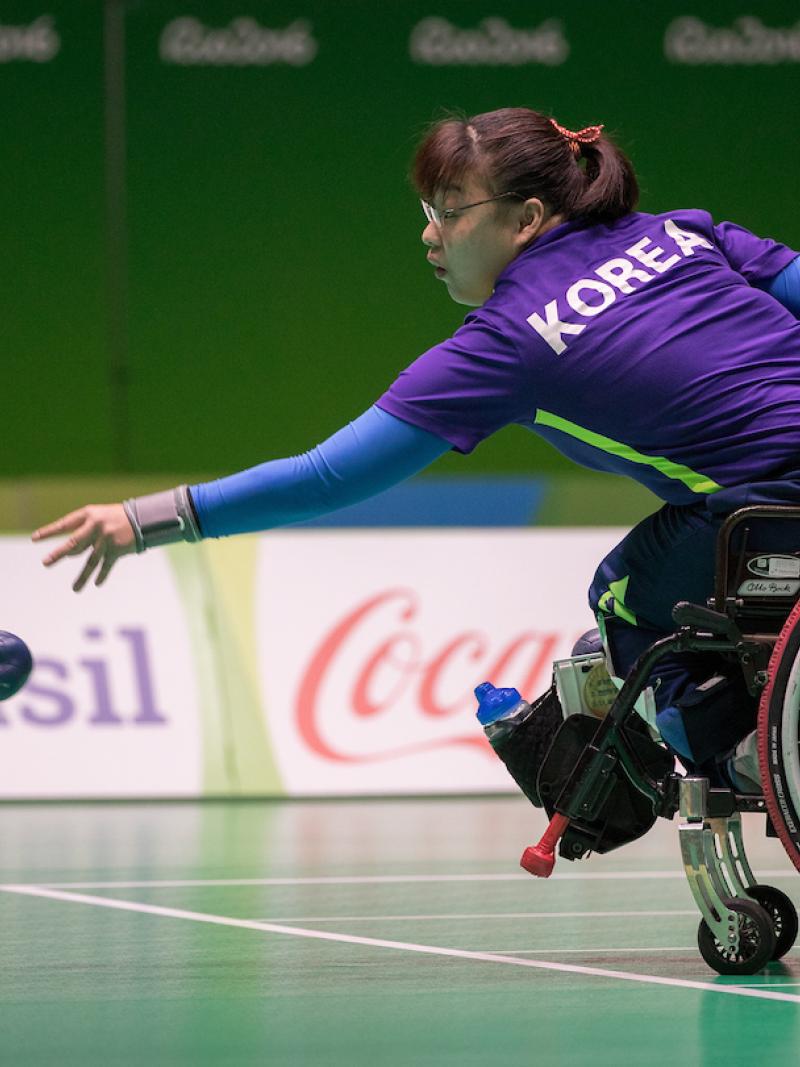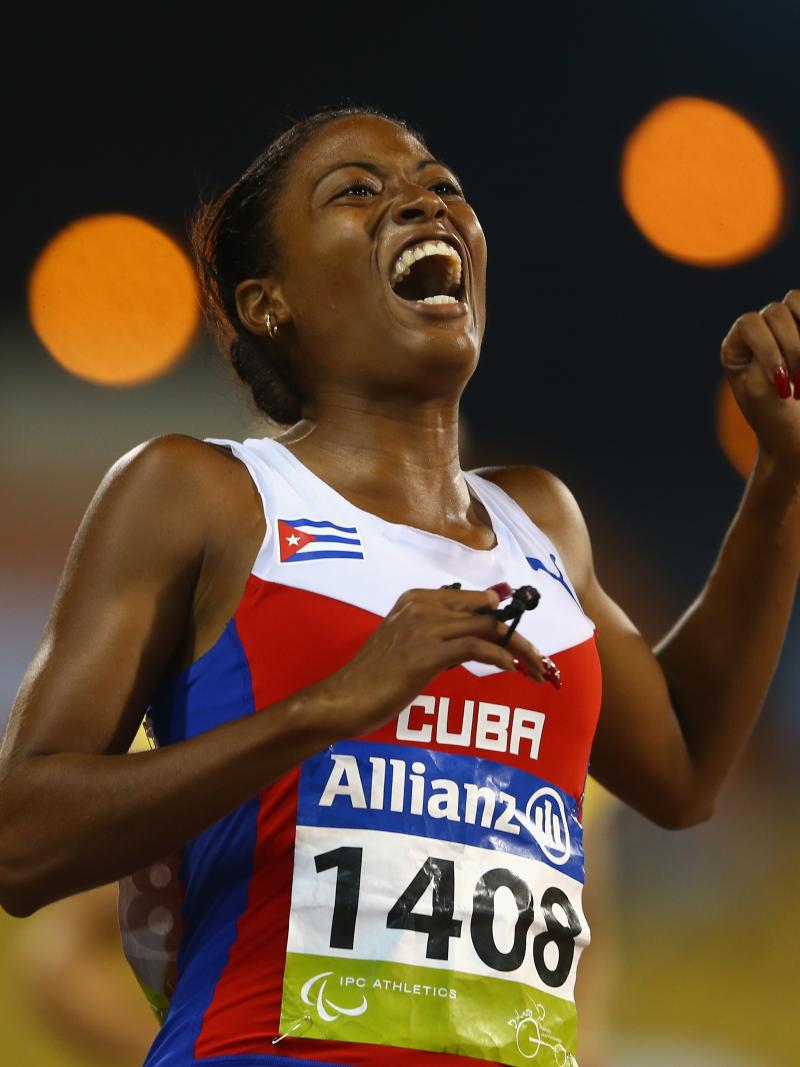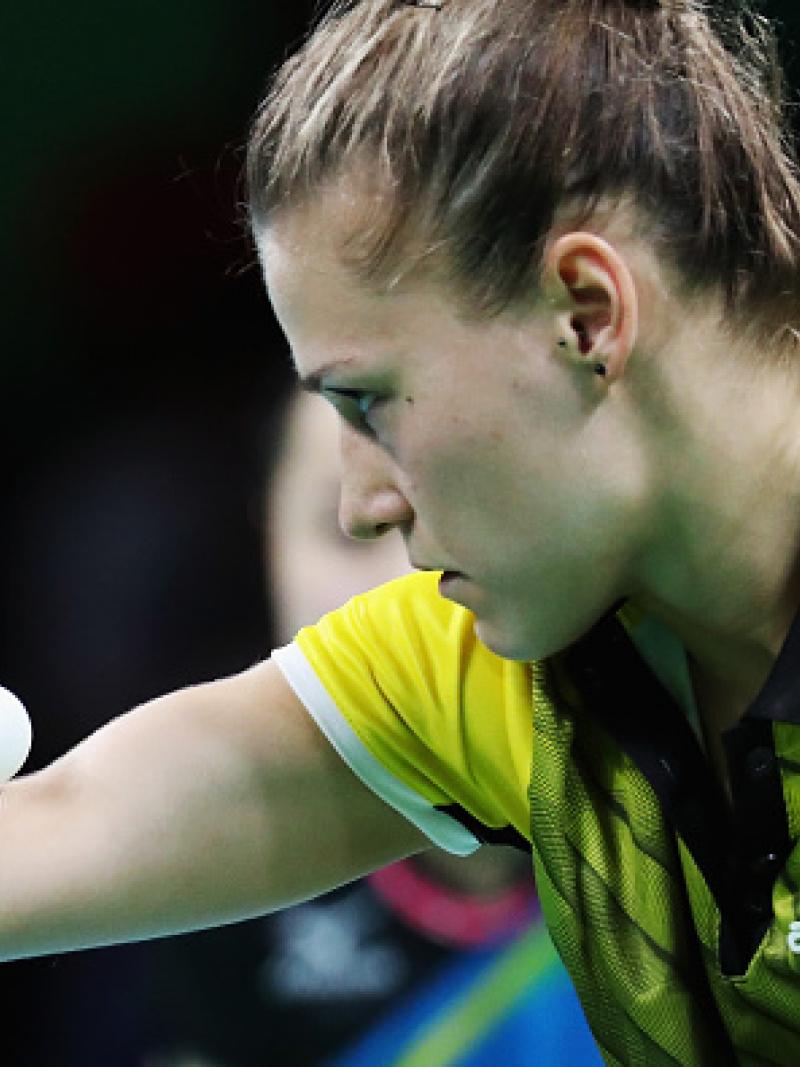Andrew Parsons: Tokyo 2020 to help drive disability inclusion agenda
IPC President highlights safety as number one priority ahead of Paralympic Games 16 May 2021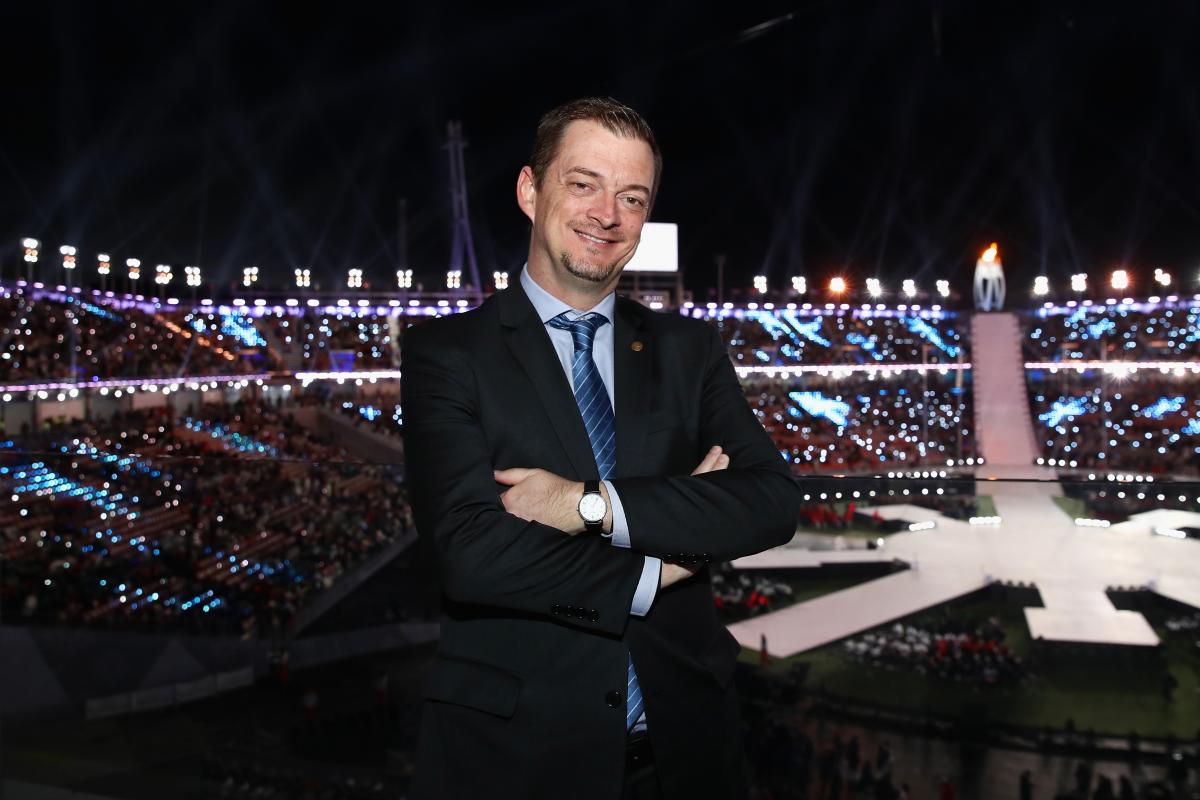
International Paralympic Committee (IPC) President Andrew Parsons has described the Tokyo 2020 Paralympic Games as “the most important in our history” as they will tackle inequalities experienced by people with disabilities that the COVID-19 pandemic has exposed and amplified.
Speaking to paralympic.org with 100 days to go until Tokyo 2020, Parsons expressed the Paralympic Games “is the only event in humanity that puts persons with disabilities at the centre stage. It’s the moment we can give the world’s billion people with a disability a voice in a moment where they most need to be heard because they have been left behind during a crisis.
“I believe the Paralympics are a platform to bring disability to the heart of inclusion discussion. This is why the Games are so important and we should make every effort to celebrate them.”
Parsons also believes communicating efficiently when addressing the Japanese people’s concerns is imperative.
“The pandemic brings uncertainty and uncertainty brings fear. We are doing our utmost to protect not only the Games’ participants but the Japanese population.
“We came up with robust plans for that matter, including measures from testing to monitoring, isolating, restriction of movements, reduction of the number of people attending the Games and various policies. Everything is being designed to make the Games safe and offer protection to the Japanese population.
“The chance of someone attending the Games testing positive and also getting in contact with a local is very remote because we have designed it like that.
“Every Games’ participant will need to be monitored from two weeks before departing, will be required two tests within 96 hours before travelling and then again on arrival, and athletes will be tested basically every day.
“We understand the Japanese people’s concerns and want to engage and communicate with them, so they feel comfortable come Games-time.”
Parsons also shared his satisfaction for having developed the “best relationship ever” with the International Olympic Committee (IOC).
“This is a consequence of the agreement we signed at the PyeongChang 2018 Games in 2018. During the pandemic, this integration has become more necessary than ever, exchanging information, making decisions and implementing things together.
“Both organisations can benefit from this relationship, not just from being more efficient and spending fewer resources; but also learning from each other. Both the Olympics and Paralympics together have a big power to make a positive impact.”
Paralympic.org: Can you also please provide an update on qualification and classification?
Andrew Parsons: In terms of qualification, we have 70% of the slots already allocated. We are talking about over 3,000 slots allocated so far. We still have more competition in different sports. The IPC and the International Federations are comfortable where we are. We do not see a major challenge with this process.
When it comes to classification, we are exploring with the Organising Committee giving classification opportunities for 10 sports in Tokyo. In the last few weeks and months, we have seen improvements when it comes to athletes being classified across different sports. We are happy where we are but remain vigilant working with each IF and especially the 10 sports we are still discussing classification opportunities for at the Tokyo Games.
Paralympic.org: Athletes have been one of the most impacted by the postponement of the Games. What message would you like to give them?
AP: I would like to tell athletes that we are doing our utmost to offer them a great experience in Tokyo despite the pandemic and the restrictions we will all be facing. But they will be a win for the world, for the one billion persons with disabilities and for each of the athletes competing.
The Paralympic Games are the top moment of their careers. We understand the difficulties, but it is time to focus on the incredible experience they are about to have in Tokyo. This experience will not only be amazing on the field of play but a safe one as well.
Paralympic.org: How meaningful it is to have a Refugee Paralympic Team?
AP: It sends a strong message of inclusion to the world.
Refugees with disabilities are probably the most marginalised group in the world. First, because they are refugees; they had to flee from their nations due to persecution, humanitarian crisis and had to adapt to new societies, new countries, new languages, new situations. And in most cases lost everything in their country of origin. And if you add that some of them have disabilities, inclusion and integration to these new societies makes it even harder. It is important to show the world that within this community, we also have a diverse population. Countries with programmes to receive refugees also need to consider that some of them have disabilities.
Paralympic.org: In 100 days, the Tokyo 2020 Paralympic Games will kick off. What will this mean to you?
AP: I remember how challenging the lead-up to the Rio 2016 Paralympics was, but once the Opening Ceremony started, I knew how great it was going to be thanks to the Paralympic athletes who always deliver fantastic performances.
Tokyo 2020 will be a different feeling because this will be my first Summer Games as IPC President. It is an honour to play a part in this as I love the organisation and the Movement.
I am really looking forward to seeing new younger athletes experiencing their first Paralympic Games, and also witnessing how the new sports, taekwondo and badminton, fit into the programme.
In Tokyo, I am sure I will be happy from having helped provide this platform for athletes and persons with disabilities of the whole world.
I want to see outstanding performances and how these Games leave a lasting legacy, but above all, I want Tokyo 2020 to be safe for everyone.
 Facebook
Facebook
 Instagram
Instagram
 Twitter
Twitter
 Youtube
Youtube

